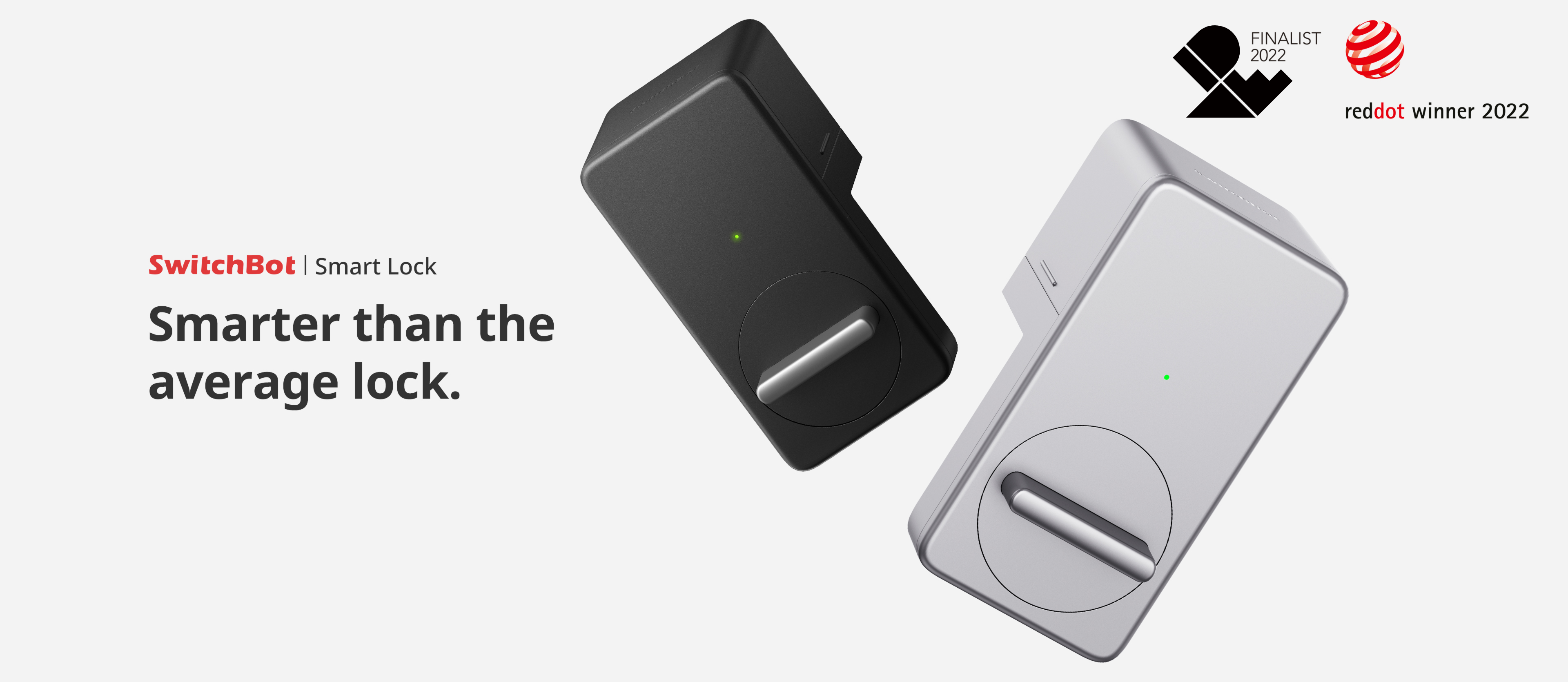The Pros and Cons of Smart Locks for Your Front Door: Are They Worth the Investment?
الجسم
In today's digital age, smart locks for front doors have emerged as a popular choice for homeowners seeking enhanced security and convenience. But are these innovative devices truly worth the investment? This article delves into the pros and cons of smart locks, helping you make an informed decision.

Understanding Smart Locks for Front Doors
Smart locks are electronic locking mechanisms that allow you to control access to your home through various means, such as smartphones, keypads, or biometric scanners. They offer a modern alternative to traditional locks, providing features that enhance both security and convenience.
Advantages of Smart Locks
- Convenience: With smart locks, you can unlock your door remotely using your smartphone. This feature is particularly useful for granting access to guests or service providers without needing to be physically present.
- Enhanced Security: Many smart locks come equipped with advanced security features, such as tamper alerts and automatic locking mechanisms, which can significantly reduce the risk of unauthorized access.
- Access Control: Smart locks allow you to create unique access codes for different users. This means you can easily manage who has access to your home and when.
- Integration with Smart Home Systems: Most smart locks can be integrated with other smart home devices, such as security cameras and alarm systems, creating a comprehensive security solution.
Disadvantages of Smart Locks
"While smart locks offer numerous benefits, they are not without their drawbacks. It's essential to weigh these factors before making a purchase."
- Cost: Smart locks can be more expensive than traditional locks, both in terms of initial purchase and installation costs.
- Reliability: Like any electronic device, smart locks can malfunction or run out of battery. This could leave you locked out of your home if not properly maintained.
- Cybersecurity Risks: Smart locks are susceptible to hacking. Ensuring that your device has robust security features is crucial to protect your home.
Are Smart Locks for Front Doors Worth the Investment?
Ultimately, the decision to invest in smart locks for your front door depends on your specific needs and lifestyle. If convenience and advanced security features are priorities for you, then smart locks may be a worthwhile investment. However, if you prefer traditional methods or are concerned about potential technical issues, you might want to consider other options.
Conclusion
In conclusion, smart locks for front doors offer a blend of convenience and security that can enhance your home. However, it is essential to consider both the advantages and disadvantages before making a decision. By evaluating your personal needs and preferences, you can determine if smart locks are the right choice for your home.
Product Reference
For those interested in exploring smart locks further, consider checking out the Smart Lock Pro 2023, which features advanced security protocols and user-friendly design.
Related Video
To see smart locks in action, watch this informative video on Smart Lock Installation and Features.







تعليقات